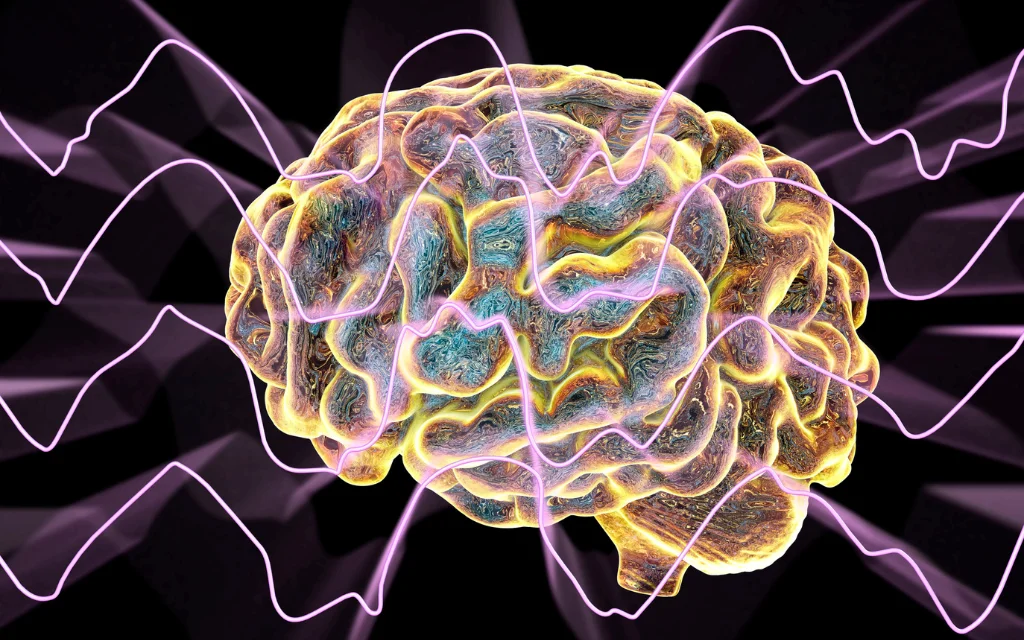Convince your brain that heroes are powerful, intelligent, and strong. They overcome all odds and persist no matter the challenges they face.
They may experience fear, but they are not affected by it. And just when you thought they were finished, that everything was over, and that they could not possibly turn things around, they suddenly reappeared, struck, and prevailed!
Then, they make it to the end. Awaiting them is glory. Everyone will now remember them for the wonderful individuals they were.
The way of greatness, oh.
We become dependent on this route. We have a strong desire to be heroes. And even if many of us are failing, we fight and give it our all.
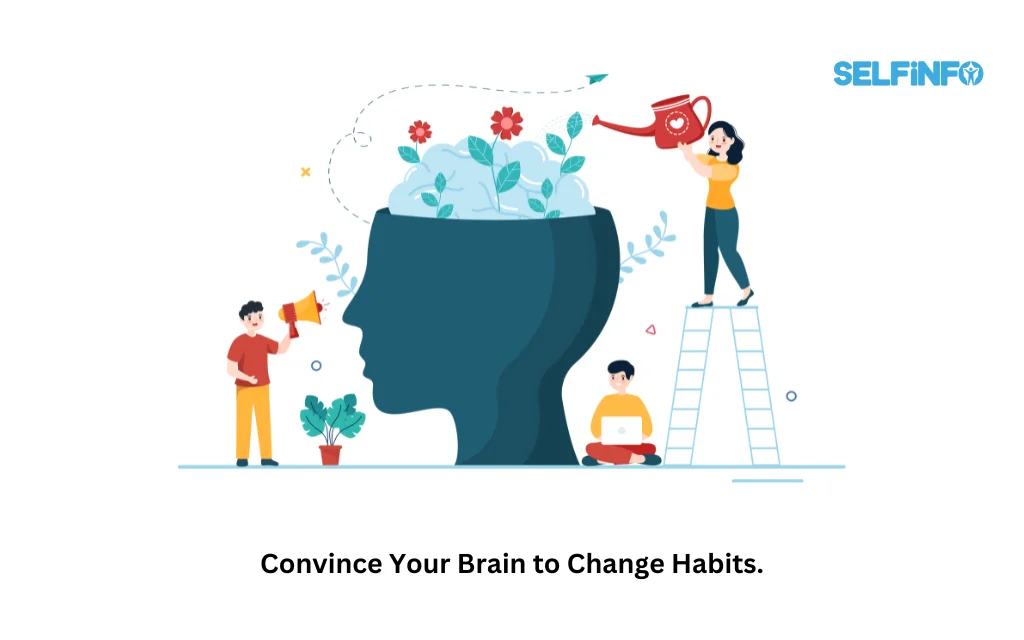
It was not until I discovered that there are two different kinds of heroes—the glory-focused kind and the grounded type—that I grasped the cause of our failings.
Let us look at healthy eating and exercise as examples.
Many people make the decision to live a healthy lifestyle, particularly in January when they make New Year’s Resolutions.
They are confident that they will succeed this time! Awaiting them is glory! They march as well. Full-speed. At least during the first few weeks, they perform admirably.
After then, they gradually begin to lose steam. They miss more and more workouts and are unable to maintain their diets as they always did. By the second week of February, many of them will have given up.
Only shame and blame, no praise for the quitters. They did not put in enough effort. They gave up too quickly. They lacked motivation. Or perhaps their desire to change was not strong enough.
That is what I believed a few years ago when I discovered that, in spite of my best efforts, I had put on twelve pounds in just two years, that I was eating out a lot, and that my exercise routine was erratic.
I came to the realization that I would gain weight and become unwell in a matter of years if I allowed this habit to continue. Because that is how weight gain sneaks in. Every year, we wear a few till we wake up and question how we got there.
I had to figure out how to make a long-term lifestyle shift. Five additional workouts this week, but no workouts the next week. After two weeks of giving up daily salads, there will be a more or less permanent sabbatical from veggies.
I have to develop wholesome, long-lasting habits.
To my amazement, I discovered the following after doing some research on how habits function:
In actuality, the majority of us who are inconsistent or give up on our trip are not lazy; rather, we did our best and did not give up easy.
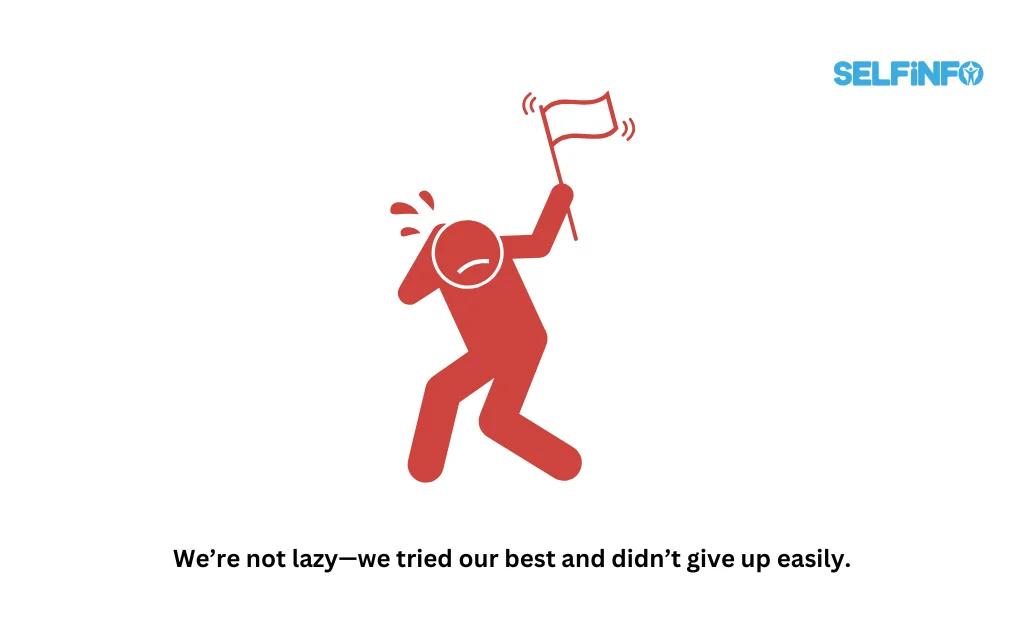
Because we concentrated on aiming for glory, we failed.
This method works well for short-term missions. Willpower and motivation are excellent resources for addressing short-term objectives. However, adopting a healthier lifestyle necessitates a different strategy and is a long-term lifestyle shift.
After we begin the quest, our motivation naturally wanes, and simply going about our daily lives—getting to work, doing things for our families that we did not particularly want to do, going through a decluttering project that leaves us exhausted—depletes our willpower.
Why? Because our brains are wired this way.
Let us separate the executive (or conscious) and habitual (or unconscious) components of the mind for simplicity’s sake.
Your logical thoughts and speech are controlled by the conscious component, whereas your emotions, reactions, and all of your automatic behaviors—such as eating, driving, cleaning your teeth, and so forth—are controlled by the unconscious part.
Can you guess which area of your brain governs our routines? It is the unconscious one, you are right.
Translation?
For instance, you cannot suddenly declare that you would spend an hour and a half at the gym six times a week.
Actually, you have the option to choose, but even if you do, it will not make a difference—at least not after the first week.
Why?
Because you use the conscious part of your brain to reason through these choices. However, habits are not under the conscious control of your brain.
Even when you have just made the decision to change your habits, the unconscious mind is still in charge! Maybe the next week, but the next year? That is what you can manage. No. The boss has authority over this.
Did your well-considered decision to become a gym-junkie align with the unconscious part of your brain?
Not at all.
The strategy will not be implemented if the boss does not approve it. The employer has not yet authorized your strategy if you want to live a healthy lifestyle but don’t.
This explains why so many individuals in February break their resolutions. The boss has not been convinced yet! This is how I put on twelve pounds in two years—none of my healthy-living plans were approved by the boss.
So, the question is: How can you convince the boss to change their way of life for the better?
The hero’s quest for glory is not well received by the boss. Our executive brain benefits much from that hero’s journey, but our habitual brain does not.
Actually, the opposite—the grounded hero’s journey—works well for our habitual brain (the boss).
1. Glory-seeking heroes attempt big change. Down-to-earth heroes go for mini change.
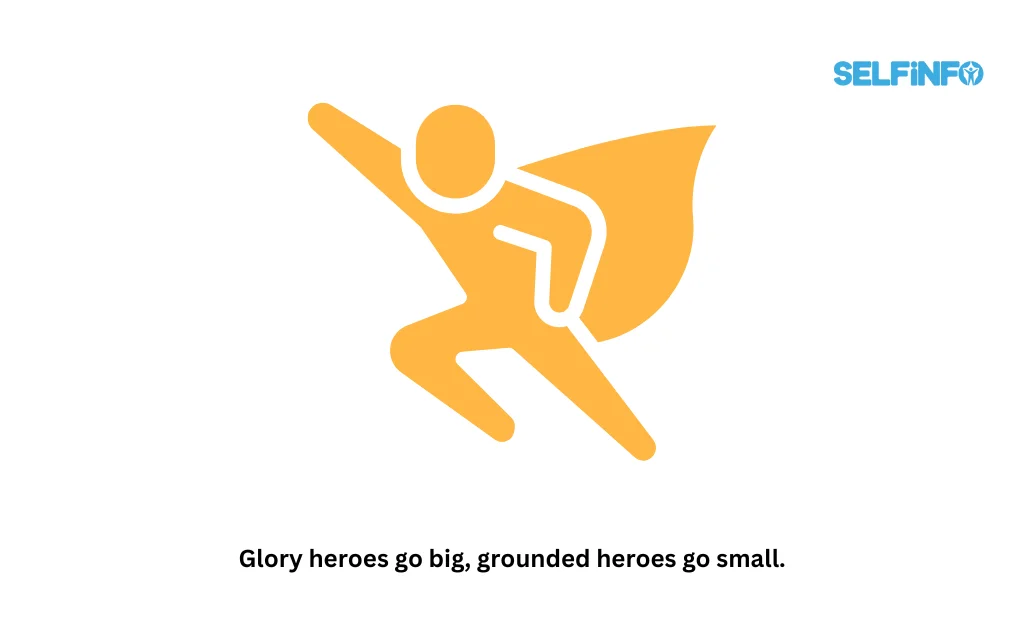
Significant alterations trigger your boss’s fight-or-flight reaction, which is controlled by your brain’s amygdala. The boss opts for flight when change is significant.
To prevent activating the amygdala, try using tiny change instead. Your executive brain may not be impressed by five minutes of exercise every day, but the boss is impressed.
2. Heroes who want glory go on challenging missions. Heroes that are grounded take on tasks that seem simple.
Simple tasks give you a sense of success and encourage your boss to keep going.
The employer is eager to obtain more of it! It enjoys having a sense of accomplishment. You are well on your path to success as you develop your habits.
Now, I am not against heroes who chase fame. They are fantastic, in my opinion! However, I also believe that the route of glory misled me and continues to mislead a lot of other people.
Although effort is effective for short-term goals, it is not the only factor in long-term success. Consistency is necessary for long-term goals.
Many people lose weight in their pursuit of fame, only to regain it later. The employer did not approve of them. They failed to develop the behaviors necessary to maintain their weight.
I have discovered that if I do as my employer says, I will obtain the outcomes I desire. And glory shall be mine. For the rest of my life, not just for a few months, I will be a hero.
And without feeling guilty, striving harder, or self-whipping—all signs of a supervisor who has not yet given the plan his blessing—I will accomplish all of that. Rather, I shall do it comfortably and easily.
I have learnt to cook, I eat at home every day, and I now regularly work out five days a week! And the adverse consequence? I lost the twelve pounds that I had gained.
What change are you attempting to make, and what small action can you take right now to begin developing a habit that will last?
Convince Your Brain to Change Your Habits and Transform Your Life
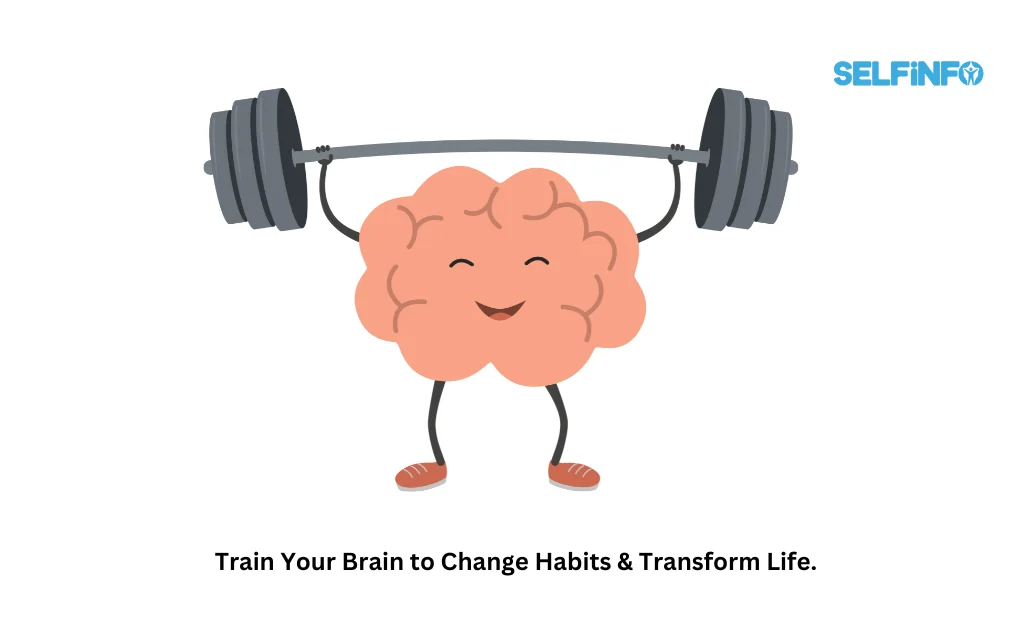
Convince your brain to change your habits by understanding that lasting transformation begins with small, intentional steps. By consistently challenging old patterns and replacing them with healthier routines, you can rewire your brain to support positive changes, ultimately improving your mindset, productivity, and overall well-being. Through patience and persistence, you’ll create habits that not only align with your goals but also lead to a more fulfilling and successful life.
